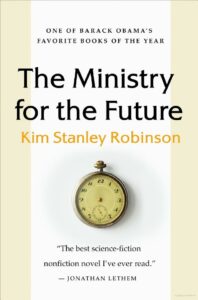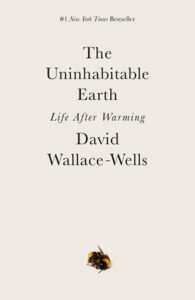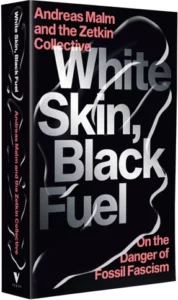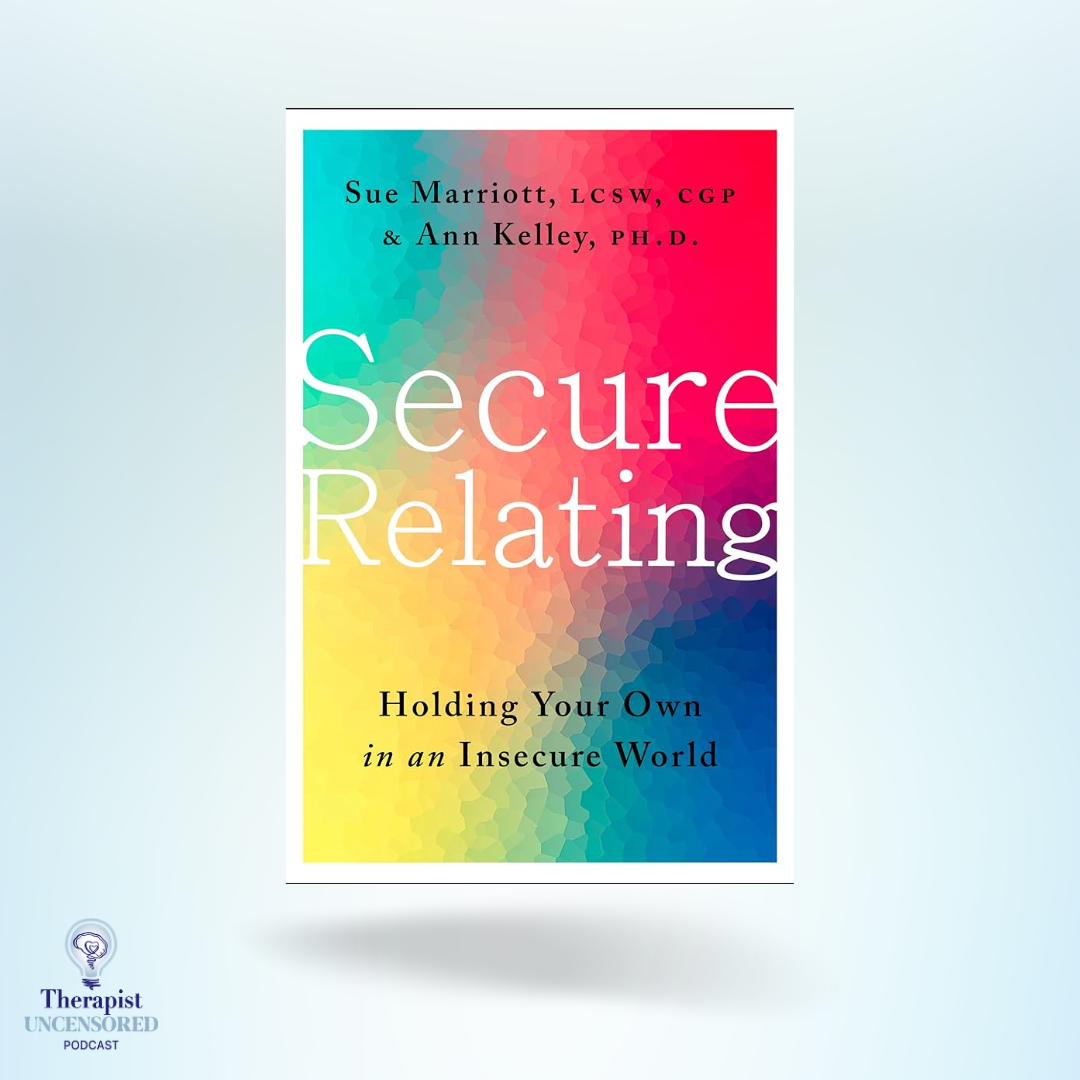Podcast: Play in new window | Download (Duration: 56:24 — 129.1MB)
Subscribe: Apple Podcasts | Spotify | Amazon Music
A vulnerable intergenerational conversation about climate, our relationship with the natural world, moving from utter despair back to engagement by way of love & staying in a secure state during times of huge threat…
Secure Relating in an Insecure World (first in a new weekly series)
This is a special one for us! Our oldest son Mason left college abruptly to live on a farm across the country. In this conversation, you'll hear how we screw up and yet somehow (?) all stay engaged when we don't want to even think about climate, much less its impact on these young humans' truly uncertain future.
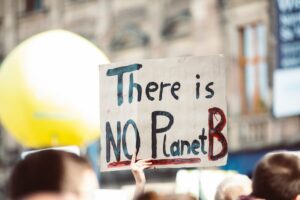
“It's a very literal metaphor between the relationship with our partners and our relationship with the planet. If you're in a time of crisis, returning to the parts of that relationship you love can help reenergize and reinvigorate – and move it forward in a new way.” – Mason Marriott-Voss
If you are like us, we've avoided these doom-and-gloom conversations to the detriment of our younger generation. Young adults are especially stressed about making big decisions with an unsure future, and most of us engage in avoidance, denial, and shame in navigating these new realities.
Finding and maintaining connection in times of fear and general chaos is THE ultimate challenge. In today's episode, co-hosts Dr. Ann Kelley and Sue Marriott are joined by 24-year-old homesteader Mason Marriott-Voss, to discuss navigating generational differences and re-building a sense of security in an uncertain world.
Time Stamps for an Intergenerational Climate Conversation
2:50 – “Climate change” is a euphemism
9:18 – Super hard conversations while the washing dishes
14:05 – From doom loop back to engagement (finally)
14:50 Despair or avoidance are forms of climate denial (I don't have to do anything)
16:00 Window of tolerance in hard conversations
17:49 – Sue and Ann's privilege to ignore it pissed off the kids
17:20 Don't look up movie- what would you do? This also made them mad because it's a question they actually have to answer!
19:30 “To be secure, you have to be fully aware of what's affecting you” This includes climate – Mason Marriott-Voss
20:00 – “It is better to oppose the forces that would drive me to self-murder than to endure them” Huey Newton, Black Panther. Instead, organize and work and push.
27:00 It is worth it to sit with it and struggle
28:45 Mason leaving college to live on a farm “Shoutout, Wolf Pine Farms!”
30:30 – It's not an Individual problem it's a collective problem so why does it matter if we use plastic straws
40:22 – Sue's letter to “Mother Earth” and our resistance to seeing our planet as a her but especially as a “mother”
42:20 – Rebuilding your unique relationship with your environment
50:42 – Sioux origin story – the deer example
53:45 – Cochabamba's People agreement (see below)
59:10 – Opening your mind and heart to the tougher conversations (hint: we need love!)
Resources for Climate Conversations
Don't Look Up – Movie
People's Agreement of Cochabamba
- The Ministry for the Future by Kim Stanley Robinson – This novel explores what the next 30 ish years might look like through fictional eye-witness accounts of climate disasters and policy victories. Robinson is able to stay realistic about the magnitude of the coming crises while avoiding falling into despair or apathy, and in fact offers something akin to hope. An antidote for widespread dread that doesn't resort to a naive utopian solution to our problems, but a human one.
- The Uninhabitable Earth – Life After Warming, by David Wallace-Wells – Called “this generation's Silent Spring,” The Uninhabitable Earth walks the reader through the most up-to-date climate science (as of 2019) in an approachable and understandable way. Determined to help us understand the full scope and scale of what could be coming, Wallace-Wells painstakingly lays out the best case, and worst case, scenarios that lie ahead. A hard read, and an important read, this book helps pull into focus the what and the why of climate disasters, and clearly demonstrates why continued inaction is no longer an option.
- White Skin, Black Fuel: On the Danger of Fossil Fascism – by Andreas Malm and the Zetkin Collective. This rich and detailed book dives into the long and shocking history of the relationship between the fossil fuel industry and far right political parties, and offers a warning of things to come. From Europe to Brazil to the US, this stunning genealogy of white nationalism and climate denialism puts the climate crisis on the back-burner to instead study the human crisis, our political systems, and our collective responses to climate related disasters. Long-time listeners of the show will appreciate a reoccurring theme; the more scared people get, the more reactionary and extreme they might become.
About Our Guest – Mason Marriott-Voss
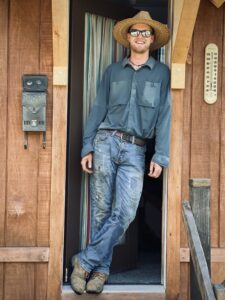
Mason Marriott-Voss in a tiny house he helped build
He also happens to be Ann and Sue's son (and they couldn't be more proud). [added to his bio by them]
You can reach him at masonnmv@gmail.com.
View the transcripts for Intergenerational Conversation on Climate with a Young Adult Homesteader here!!
We support mental health access to those traditionally left out of mainstream healthcare and use a portion of the income we receive from corporate sponsors to do just that! We can only do that with the help of our Patrons – joining as a TU Neuronerd Podsquad premium subscriber, you support this mission and get a dedicated ad-free feed plus occasional very cool and unique study opportunities, reading groups and who knows what else may come! We invite you to join our community. Click here to join!

